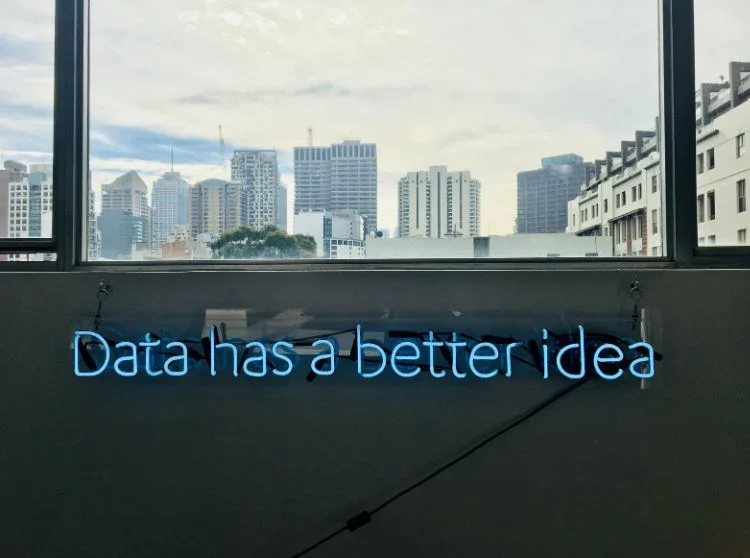Image Credit: Unsplash
It was a natural consequence of inventing the internet that as soon as the general public got on it, they would want to fill it with their stuff. From the friends you quietly judge for documenting almost every detail of their child’s life to the information you post about yourself, there is plenty of personal information floating about in the somewhat mythical cloud.
But while the instinct to share information is a natural one, the danger here is that now companies have access to that information and can use it to subtly manipulate you. Though endless sidebar ads for sofas might be quite harmless and obvious uses of your data, you may not always know when you are being manipulated online. And in the post-truth era, this is a big problem.
How Your Data Is Collected
Most of the time, companies don’t need to offer that much of an incentive to persuade you to part with some sensitive data. Think about the number of times you have given a name, email and birthday in order to receive a loyalty card - it was easy to sign up but do you really know what you have given up? Facebook and Twitter are even more persuasive. By nudging you to update your status and scroll through a feed, they can track everything you click and see patterns in your behavior.
Even with policies such as GDPR in Europe and information security consultants protecting information companies gather, you can never be sure where the data collection ends or what it will be used for.
How Your Data is Used
Most personal data collected by companies is used to tailor their services to your needs. In general, we all see this as a good thing as we expect companies to treat us more personally. A great example of this is the tailored discount. When a company uses your loyalty card to track what you are buying, they often use this information to send you discounts that will bring you back into the store.
This use of your data is quite benign but, as the world saw during the Trump campaign, when your personal data is up for grabs on a site like Facebook, albeit in an anonymized form, anyone can start trying to manipulate you. In the last few years, conspiracy theories, in particular, have relied on social platforms to spread, usually via vulnerable people who have been specifically targeted.
Should You Be Worried?
In a general sense, you probably should be worried about how your data is being used. However, at this point, the idea of completely removing yourself from the internet is probably inconceivable. After all, wi-fi is something we take for granted every day.
The best thing to do is stay vigilant to what you are seeing and reading online. Being critical of the information you receive and looking for the motivation behind it is key. We should all be learning to better recognize how we may be manipulated online and, rather than worrying, we would be better placed to learn more. The internet is the future, after all.



